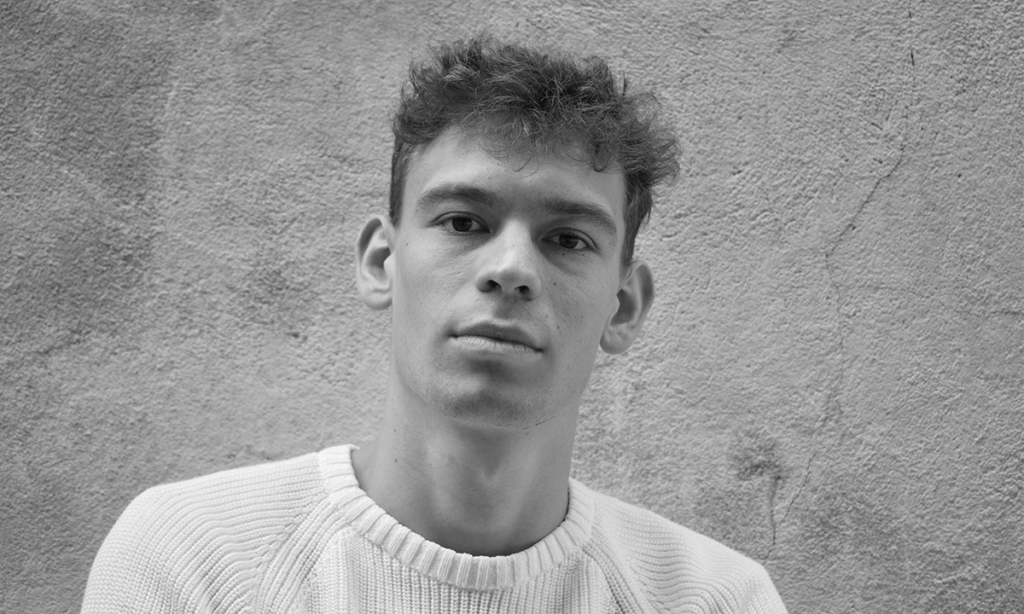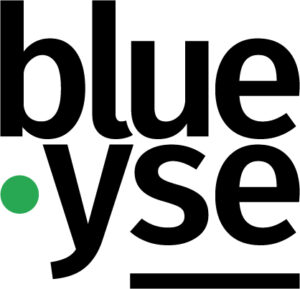
For decades, single people have been disadvantaged by governments, the housing market, and businesses. People who run a household on their own are likely to have higher expenses with everything. They have proportionally higher living costs and often pay more taxes. And although over a third of all households consist of one person – with this proportion only increasing, the government does nothing about it. Therefore, as a single person, you are financially disadvantaged in terms of inheritance law, tax system, waste disposal charges, discounts on subscriptions, allowances, leave arrangements, and so on.
Five examples
- Housing Market: Housing costs are comparatively more expensive for singles, as they are indivisible, and the resident has to bear them alone. Also, it is challenging, if not impossible, for a single person with an average income to buy a house.
- Municipality: Garbage charge: In some places, it is seventy per cent more for singles than for people who live together when looking at cost per individual.
- Taxation: If you want to leave money to your partner, you do not have to pay taxes on up to 600,000 euros. If you’re going to leave x amount of money as a single person, the recipient will pay about a third of taxes off of the total amount.
- Business: Many companies give out discounts for couples and families, for example, gyms. There are no discounts for singles. You sometimes have to pay a surcharge in hotels if you come alone.
- Business: The difference is also apparent in supermarkets. For example, many singles will only buy half loaves of bread. Now, you would think that a half loaf should cost half the price of a whole loaf. No, it doesn’t work that way. A whole loaf costs €2.75, and a half loaf costs €1.75.
Single is usually not an official category
Some government agencies and organisations only allow you to choose between married, divorced or not married when it comes to marital status. In short, single is not a status; you have to be together. All while 3.1 million people are single.
86% of young people feel that a relationship is the norm
It used to be the most normal thing in the world: getting married young and then spending the rest of your life with your partner, getting a house, making a home, and all that stuff. Nowadays, it’s different. But whether being single is normal in our society? 3Vraagt did research together with 3FM HUMAN. This research showed that nine out of ten young people feel that a relationship is the norm. One of the research participants said: “Relationships seem to be the end station. No one ever asks partners when they will be single again, but they always ask singles when they are going to be in a relationship again.”
Emancipation of singles lags behind too long
When writing policy, people in The Hague think very much in terms of relationships and families. Singles seem not to exist or are forgotten, even though the Netherlands earns money from singles. An example of this is the tax on the inheritance of a single person. An 87-year-old singles activist said, “The Netherlands is booming thanks to the single person.” Policies need to be adjusted, especially when you hear calculations that around 2050, half of the Netherlands will be single.
Petition: ‘Alone is okay’
Meanwhile, the discontent among single people is only growing, and there are several initiatives to draw attention to the position of single people. Theatre maker Marjon Moed, herself single, therefore started a signature campaign. Moed presented the petition in June 2021 to the most famous single person in our country: Prime Minister Mark Rutte. The petition’s goal is to change laws and regulations so that the government and businesses can no longer treat single people economically unequally and discriminate against them.
It is time to let go of the clichés
Flemish Minister of Living Together, Bart Somers, wants to investigate whether the concept of ‘marital status’ should be expanded. Not only for singles but also for other family forms.
Of all households in Flanders, 32% are living alone. According to the Federal Planning Bureau, one in two homes will be single by 2060. Somers says: “Despite the figures, people still look at singles as something purely temporary. An intermediate stage in life while one has to look for a lover. We see that all TV programs about singles are dating programs. This is an outdated image of society that does not correspond with reality, and many people are consciously choosing to go through life as a single. Together with organisations that are committed to singles, we must put an end to the prevailing clichés.”
Sources
Campaigning for singles: ‘Single person gets no allowance with same income’: https://www.ad.nl/geld/actie-voeren-voor-singles-alleenstaande-krijgt-met-zelfde-inkomen-geen-toeslag~ab314b20/
‘Table for one please!’: https://www.human.nl/3fm/lees/2021/juni/singlegoals-3.html
Only is okay: https://petities.nl/petitions/alleen-is-oke?locale=nl
Bart Somers wants to tackle discrimination against singles: https://bartsomers.be/nieuwsberichten-detail-page/bart-somers-wil-discriminatie-van-alleenstaanden-aanpakken/?lid=6755
Are singles being discriminated against? https://www.bnnvara.nl/artikelen/worden-singles-gediscrimineerd
Research: 86% of young people experience that a relationship is the norm: https://www.npo3fm.nl/nieuws/human/f691d792-2819-4734-b525-ac9f3a876807/onderzoek-86-van-de-jongeren-ervaart-dat-een-relatie-de-norm-is
